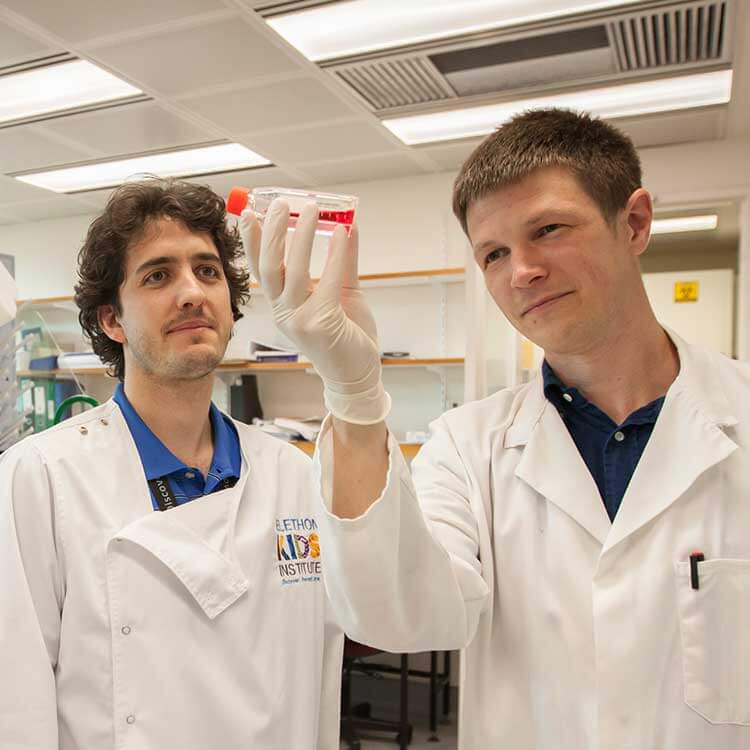Search
Showing results for "early life"

The vision of the Nutrition in Early Life team is to work together with the community to produce quality research, for improving our knowledge of how a mother’s diet during pregnancy and breastfeeding can improve both her and her child’s health.

The Pregnancy and Early Life Immunology team's overall research vision is targeted towards understanding immunological development during early life.

News & Events
Tackling allergy prevention in early lifeThe Childhood Allergy and Immunology Research Team at The Kids Research Institute Australia are currently conducting four studies, through ORIGINS, investigating nutritional strategies in the diets of mothers and babies and how these may reduce the development of allergies.
Research
Do early-life viral infections cause asthma?Epidemiologic associations between viral lower respiratory infections (LRIs) and asthma in later childhood are well known
Research
Emerging Early Life Environmental Exposures and Lung DevelopmentIn this review article we systematically summarize the evidence for an impact on lung development of 1) maternal ingestion of arsenic contaminated drinking...
Research
Early-life stressors and LifeCycle health - LifeCycleGraham Rachel Hall Foong BAppSci PhD CRFS FANZSRS FThorSoc FERS BSc (hons), PhD, MBiostat Honorary Research Associate Honorary Research Associate 08
Research
Genetic and epigenetic susceptibility to early life infectionTo date there have been relatively few studies on genetic determinants of susceptibility to neonatal infection and many of these have methodological...
Research
Early life innate immune signatures of persistent food allergyEarly life innate immune dysfunction may represent a key immunological driver and predictor of persistent food allergy in childhood
Research
Risk Factors for Gut Dysbiosis in Early LifeDysbiosis refers to a reduction in microbial diversity, combined with a loss of beneficial taxa, and an increase in pathogenic microorganisms. Dysbiosis of the intestinal microbiota can have a substantial effect on the nervous and immune systems, contributing to the onset of several inflammatory diseases.
Research
Reproduction in females: the role of the early life environmentThere is now compelling evidence that long-term health and physiological function are modified by events that occur early in life and involve interactions...
